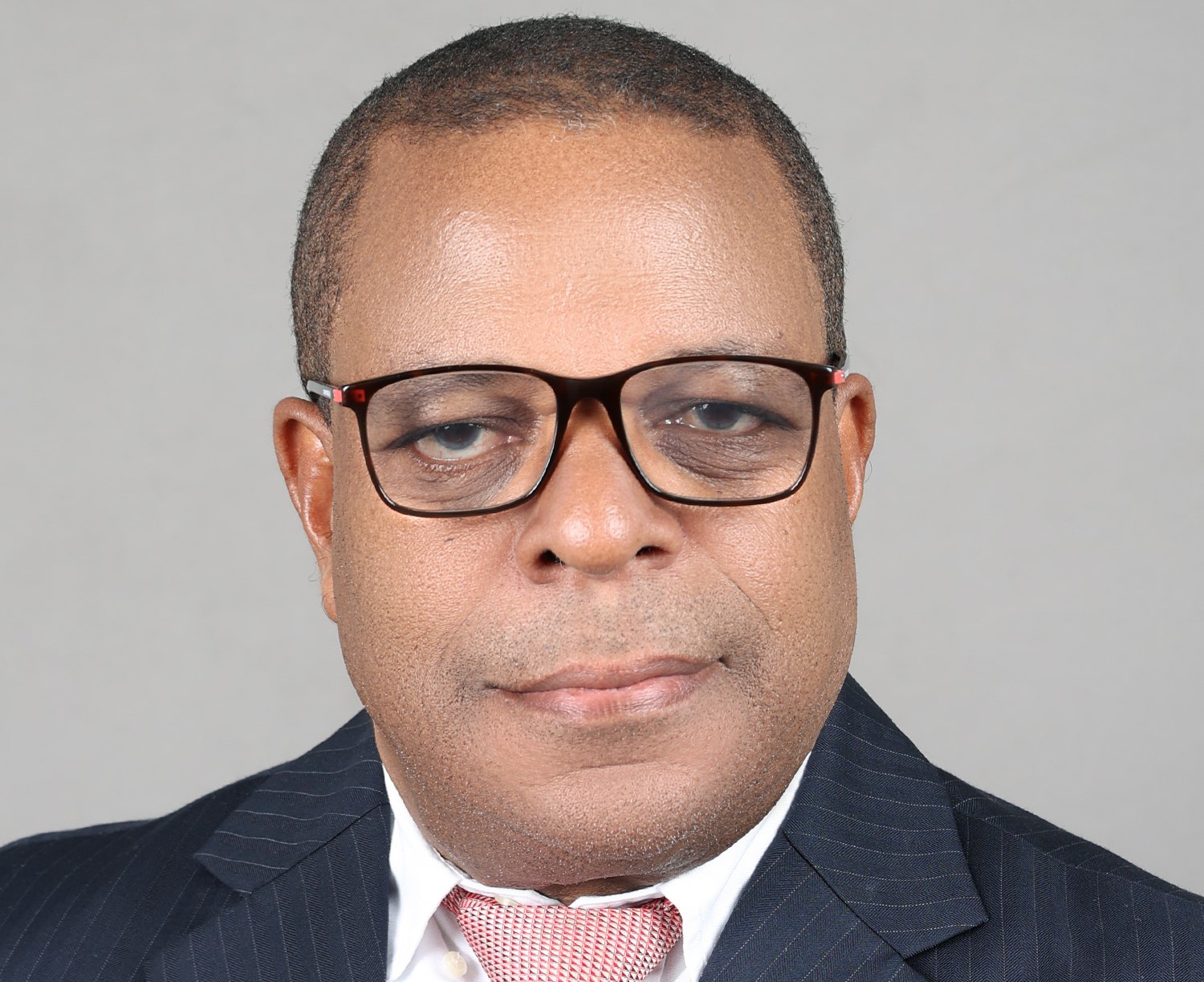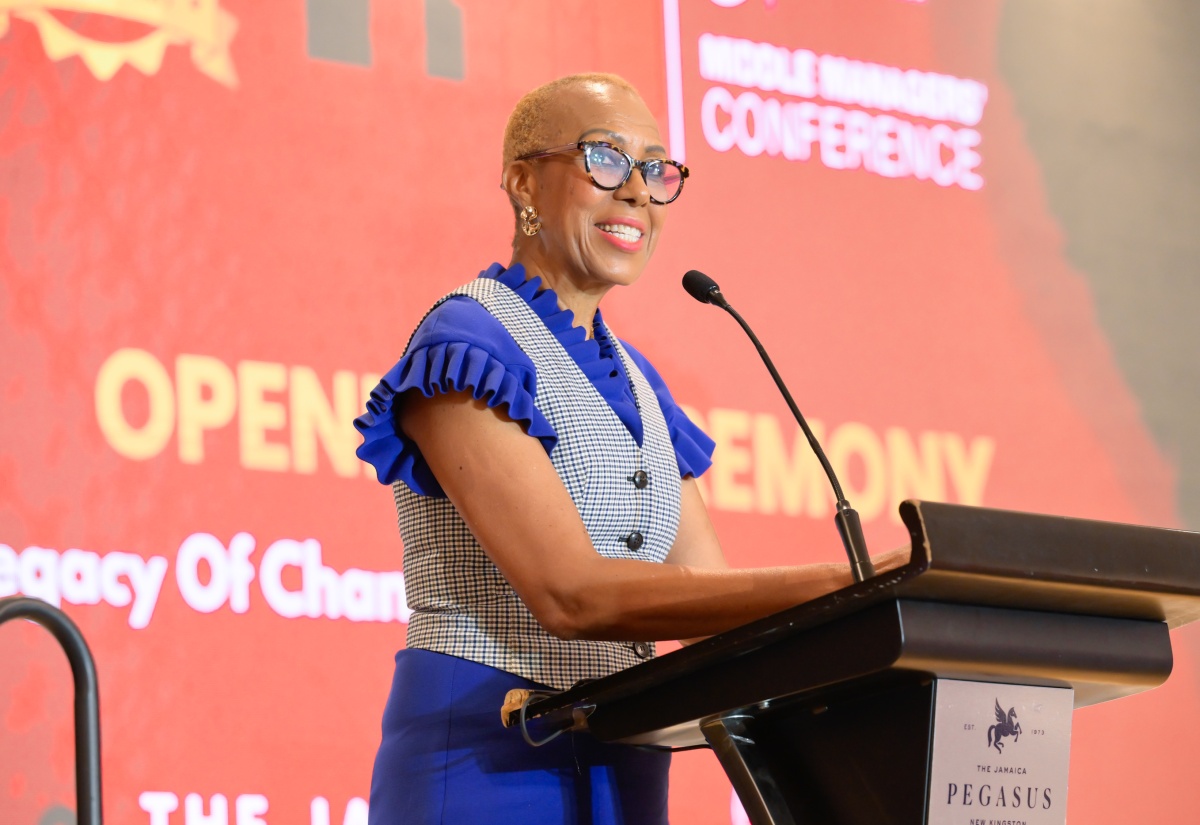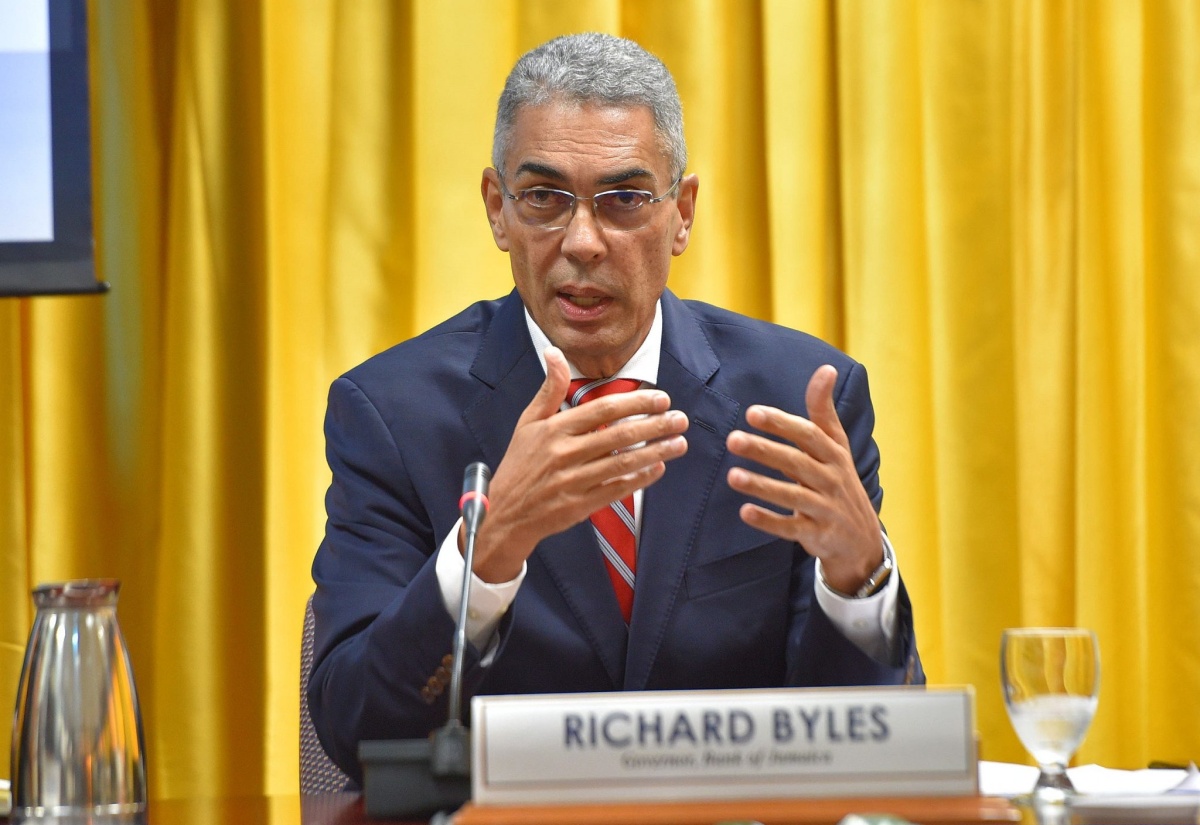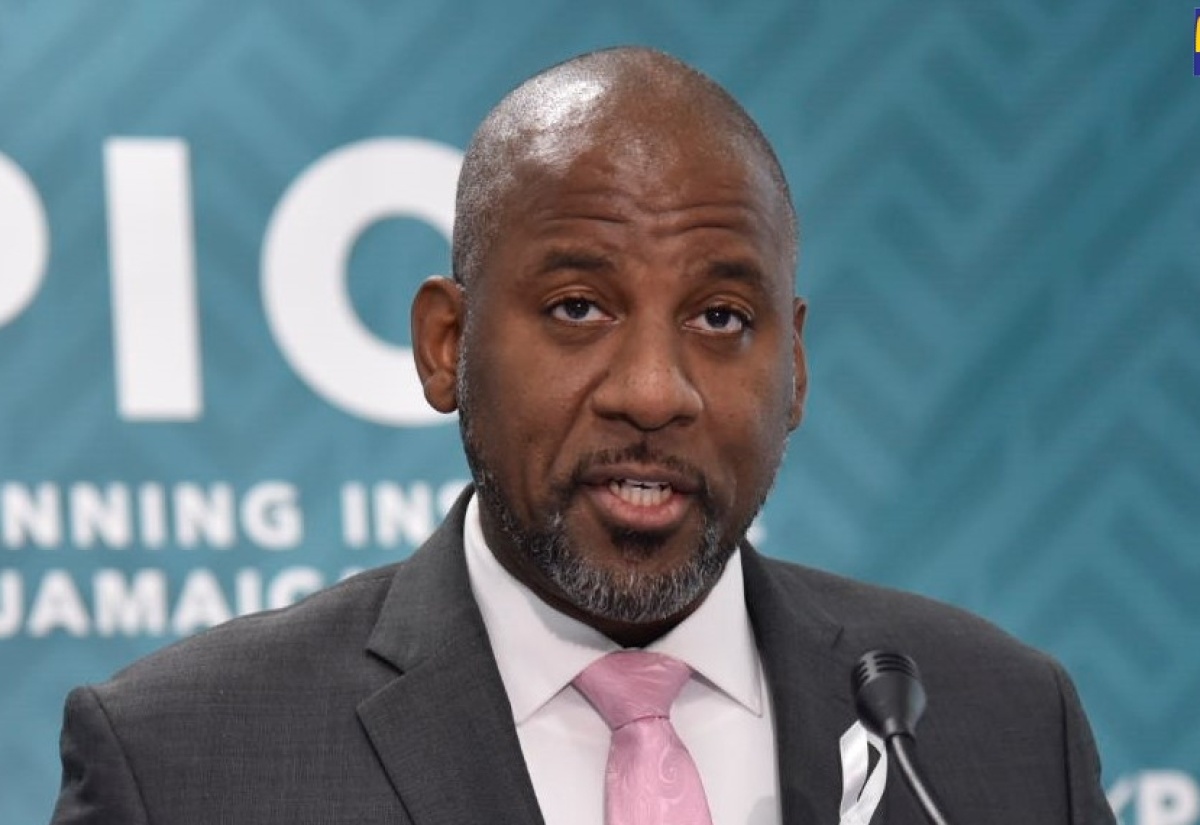The Bank of Jamaica (BOJ) Monetary Policy Committee (MPC) projects that the initial impact of rising US tariffs on prices in Jamaica will be minimal.
“In assessing the near-term outlook, the Monetary Policy Committee contemplated the implications for the Jamaican economy of the policies that have been implemented by the US administration, to date, and in so doing looked at several scenarios. From this exercise, the Bank’s view is that the first-round impact of the increase in US tariffs on prices in Jamaica will not be significant,” BOJ Governor, Richard Byles, said.
He was addressing the Quarterly Monetary Policy Report press conference at the Jamaica Conference Centre in downtown Kingston on Wednesday (May 21).
The Governor noted that, in the US, these policies are likely to cause a temporary rise in inflation.
“We expect that the US Federal Reserve (the Fed) will respond appropriately, and we also anticipate a slowing of the pace of US economic growth. We note that the Fed maintained its interest rate target in the range of 4.25 to 4.50 per cent in the May 2025 meeting and is likely to continue to maintain rates for an extended period of time in 2025,” he said.
Mr. Byles pointed out, however, that while some consumer prices in Jamaica may rise due to higher inflation in the US, the impact of imported inflation on overall domestic price level increases will be largely offset by declining global oil prices.
“Given the available information, the Bank, therefore projects, a moderate impact of the US policy changes on prices in Jamaica. In this context, the outlook is for inflation to remain within the Bank’s target range of four to six per cent over the next two years, notwithstanding some upside risk. This outlook assumes stable inflation expectations, a moderate decline in crude oil prices, continued stability in the exchange rate and moderate domestic demand,” the Governor added.
Mr. Byles pointed out that the risks to the inflation forecast are, however, skewed to the upside, which means the out-turn could be higher than projected.
“Higher inflation could stem from a sharper-than-anticipated increase in the tariff faced by trading partners of the US. In addition, domestic inflation could be higher than projected if there is a further escalation in geopolitical tensions, which could negatively impact international supply chains. Lower inflation could, however, result from lower-than-projected international commodity prices as well as weaker demand conditions,” he explained.
Consequently, the Governor said the MPC will continue to closely monitor domestic inflation expectations and any upward pressure on prices resulting from the evolving tariff landscape.
Mr. Byles added that the Bank is prepared to adjust its monetary policy stance if its outlook does not materialise and inflation deviates upwards from the Bank’s target range.
“Importantly, the Bank is well positioned to support stability in the foreign exchange market, should the effects of the policy changes abroad affect foreign exchange flows by more than currently anticipated,” he stated.
The Governor said the BOJ remains committed to achieving its primary mandate of maintaining inflation at four to six per cent and will deploy the tools necessary to preserve price and foreign exchange market stability.
Meanwhile, Mr. Byles said US policy changes may have some impact on Jamaica’s gross domestic product (GDP) growth and the external accounts, to the extent that tourism and goods exports as well as remittances are affected.
“Some of Jamaica’s exports will be exempt from the baseline tariff imposed on Jamaica by the US, and this may augur well for growth in those industries. The economy is, therefore, projected to grow moderately over the near term.
“Against this background, and factoring domestic demand conditions, for fiscal year 2025/26, real GDP is projected to recover in the range of one to three per cent, largely reflecting normalisation in the mining, tourism and construction sectors. In this context, employment levels are projected to remain high, even as anecdotal data suggest that wage pressures are moderating,” he said.
Meanwhile, the Governor indicated that Jamaica’s current account balance is expected to remain in surplus in the near term, with international reserves projected to remain healthy.
“The Bank projects that gross reserves will improve further over the medium- term, remaining above the Assessing Reserve Adequacy (ARA) 100 per cent,” he said.
Mr. Byles pointed out that “the external environment carries much uncertainty, but the domestic macroeconomic outlook remains stable in the Bank’s view”.
By: Chris Patterson, JIS


 Businessuite News2446 mins ago
Businessuite News2446 mins ago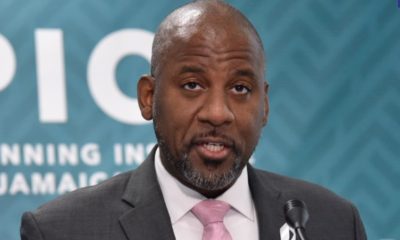
 Businessuite News2437 mins ago
Businessuite News2437 mins ago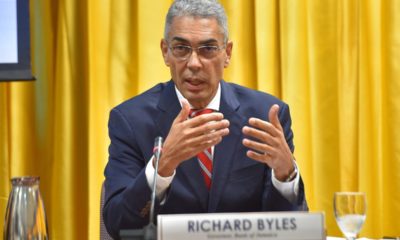
 Businessuite News2432 mins ago
Businessuite News2432 mins ago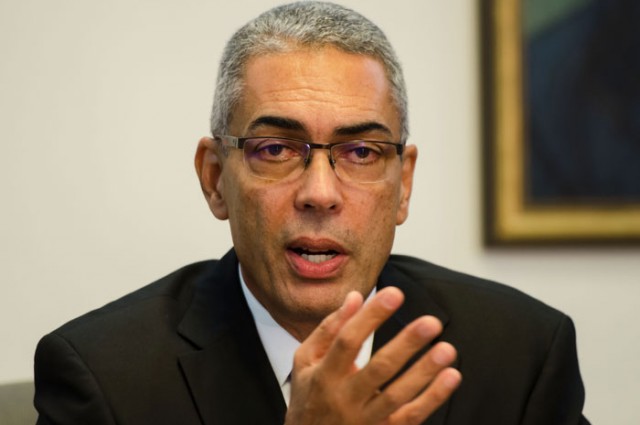
 Businessuite News2427 mins ago
Businessuite News2427 mins ago
 Businessuite News2418 mins ago
Businessuite News2418 mins ago
 Businessuite Markets3 weeks ago
Businessuite Markets3 weeks ago

